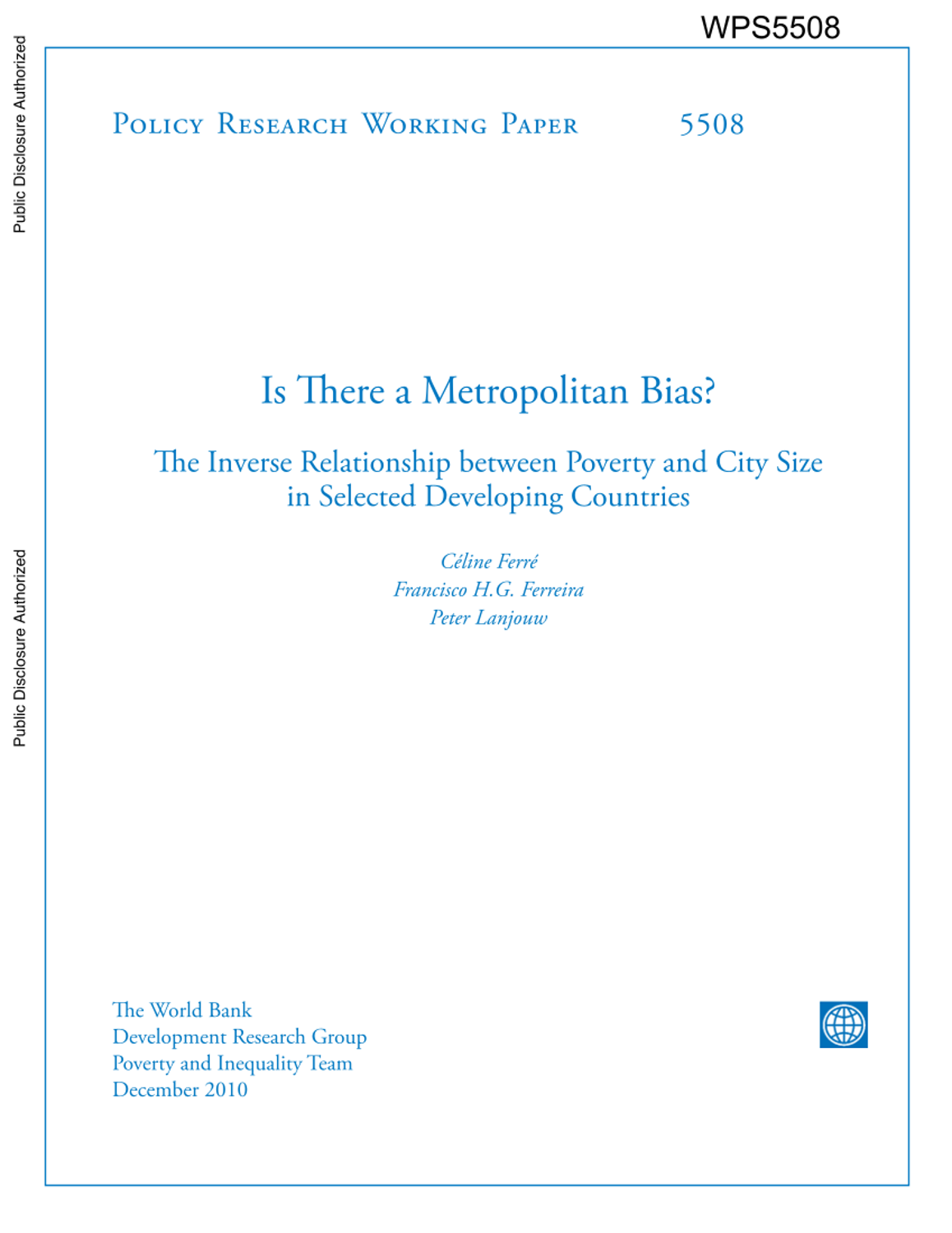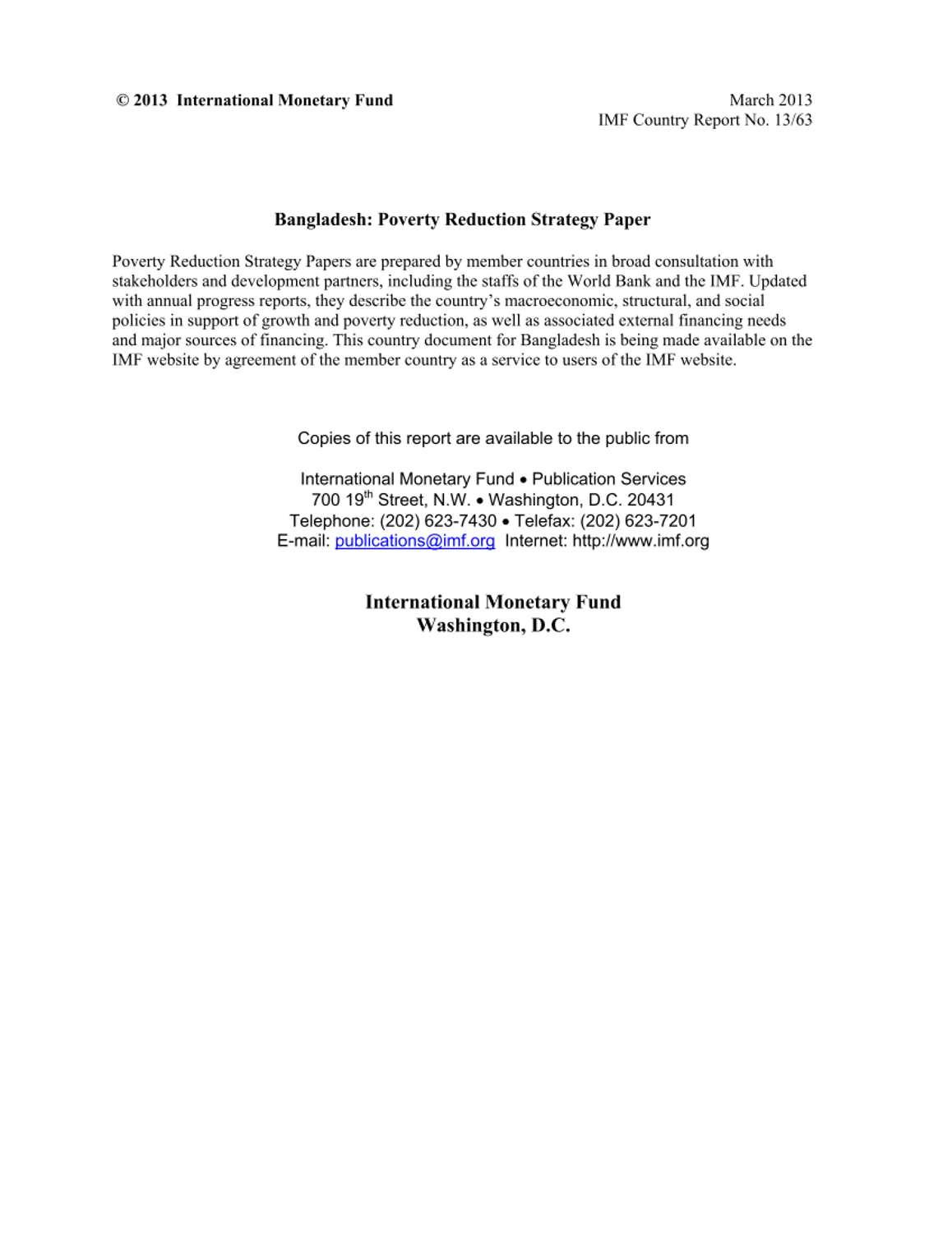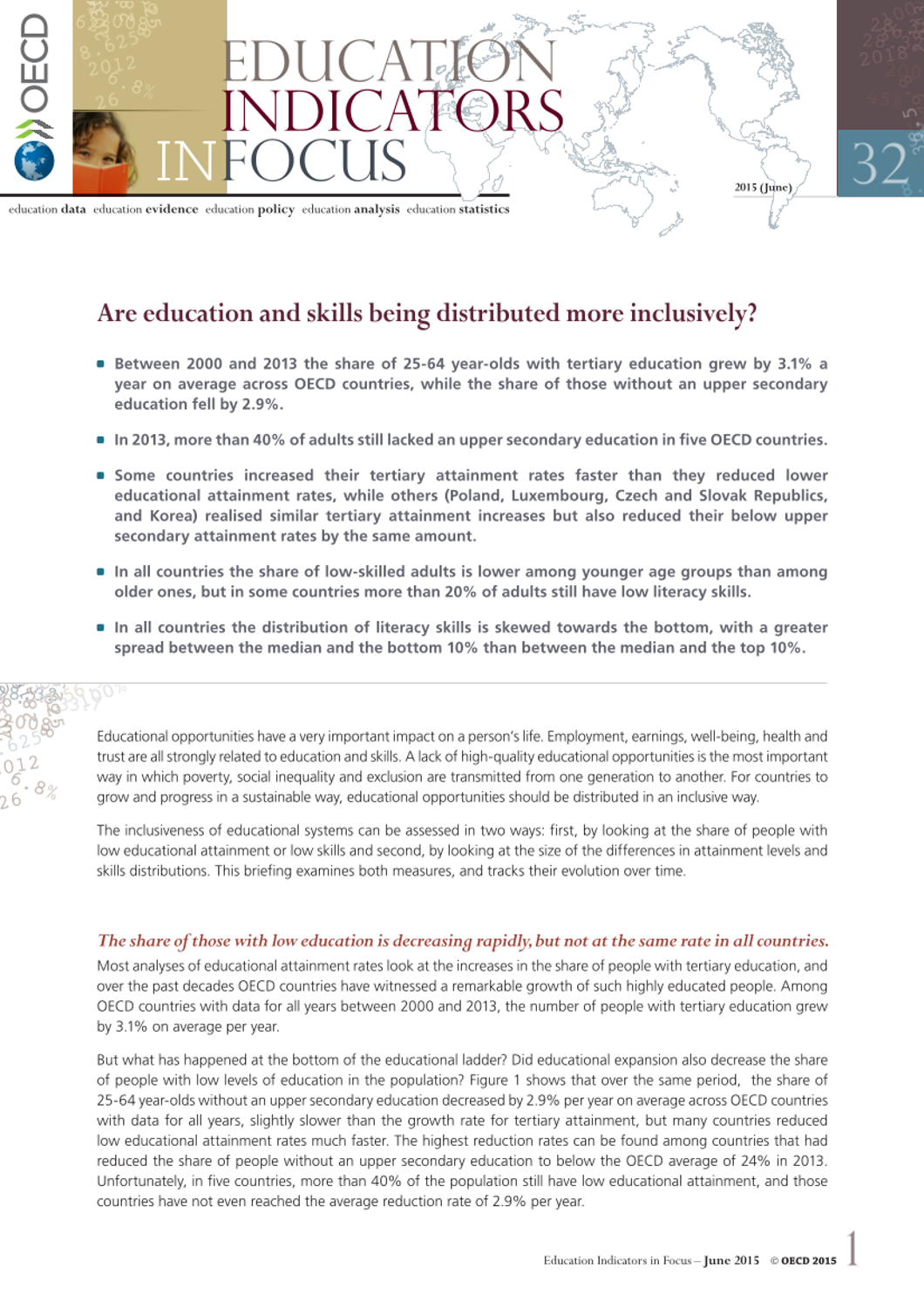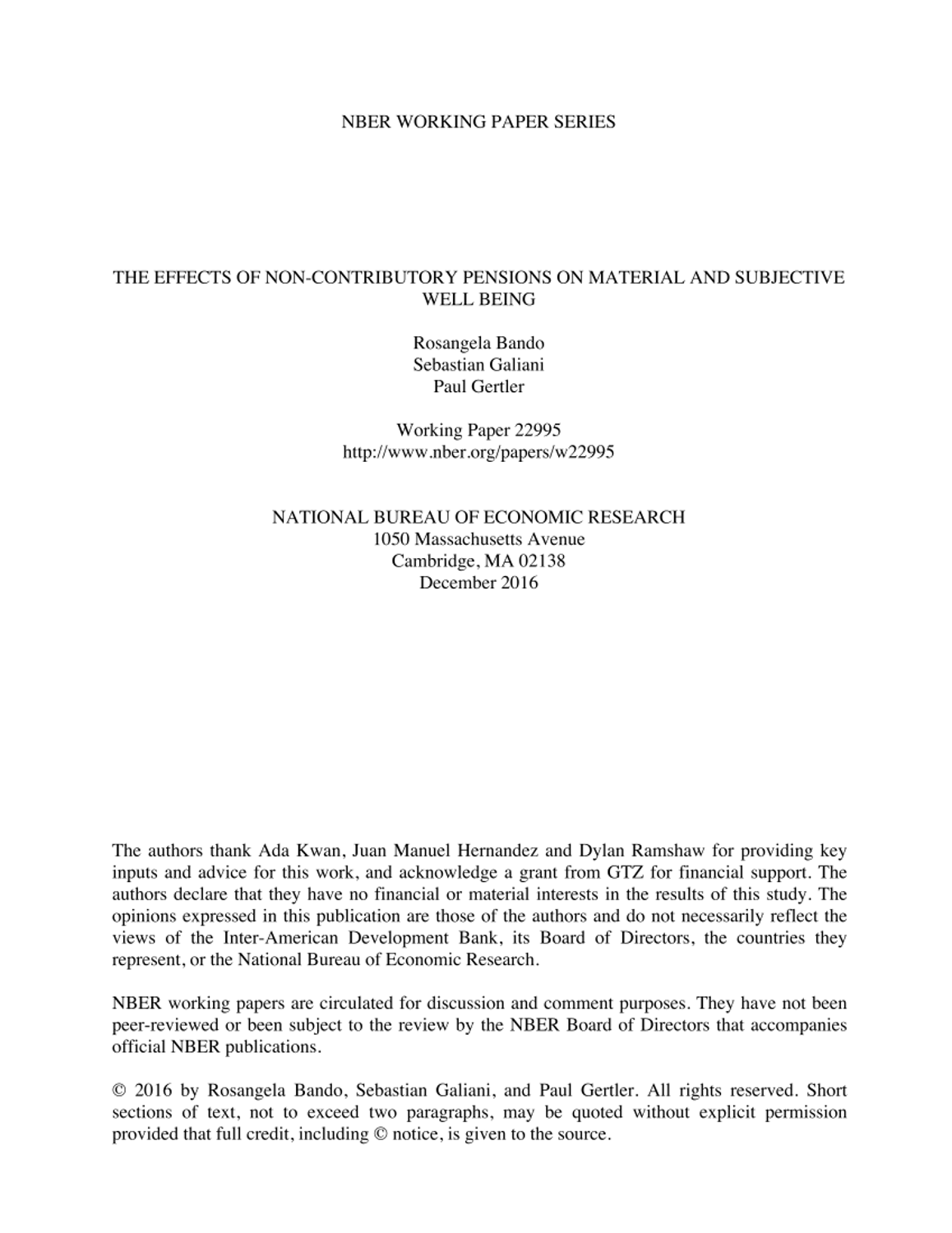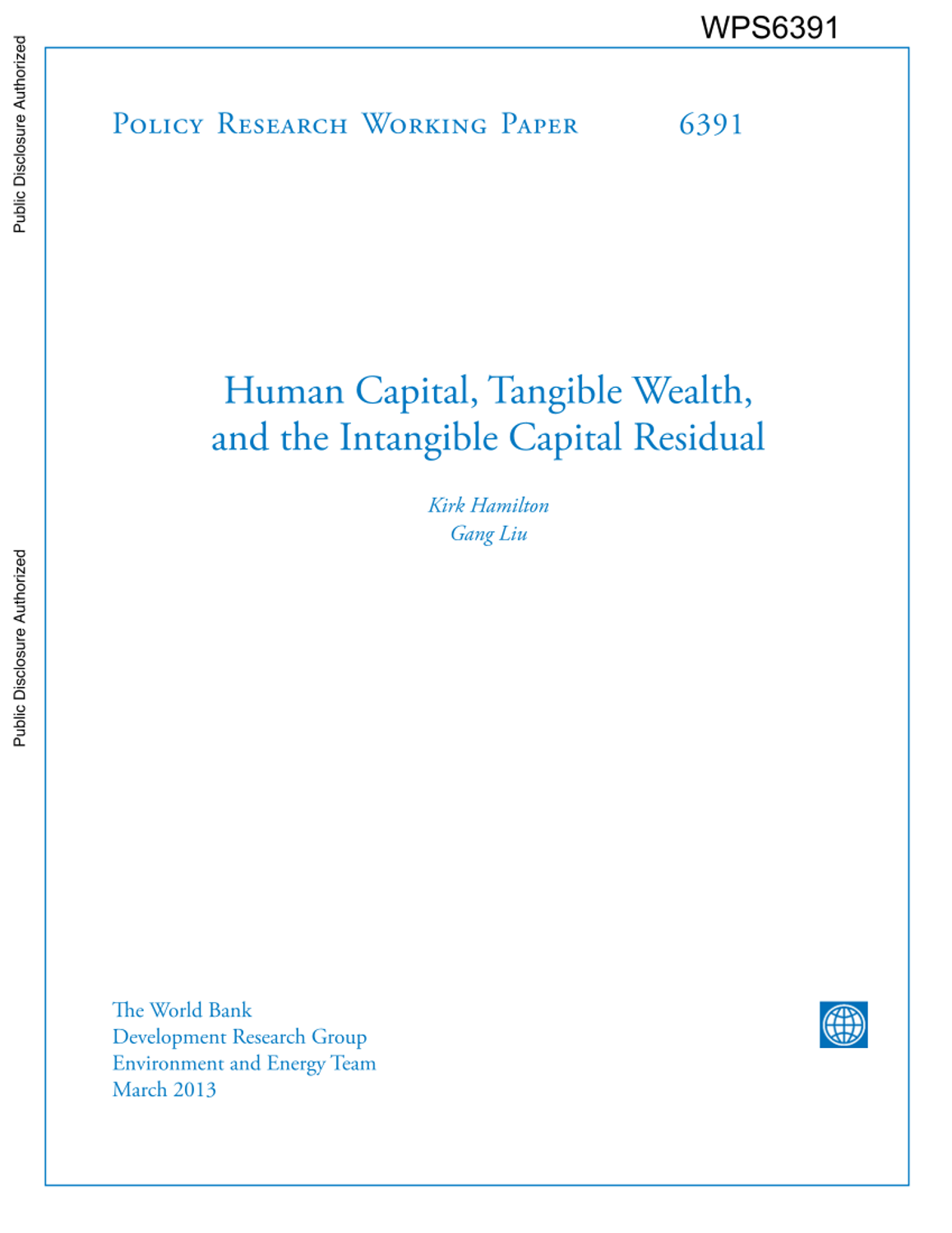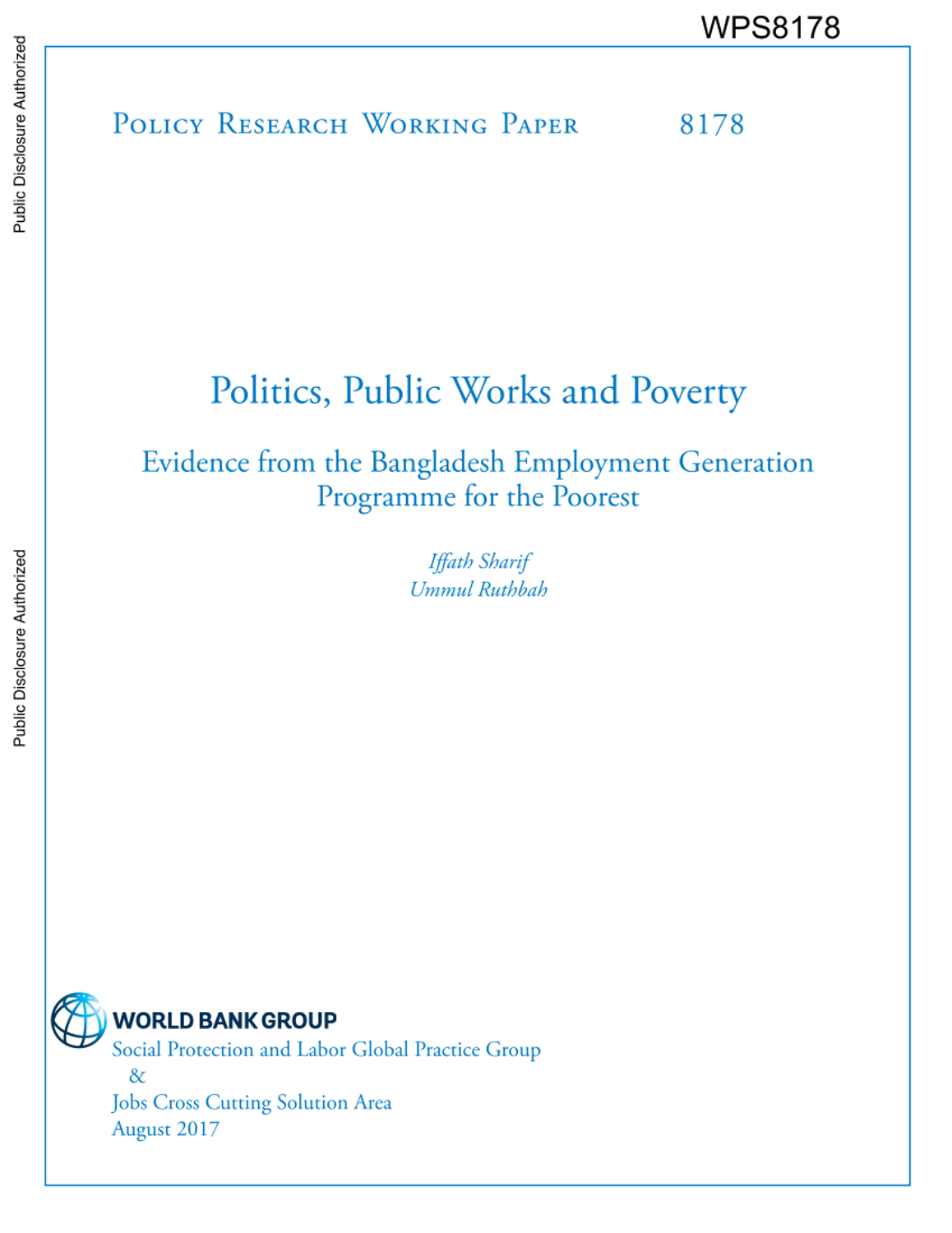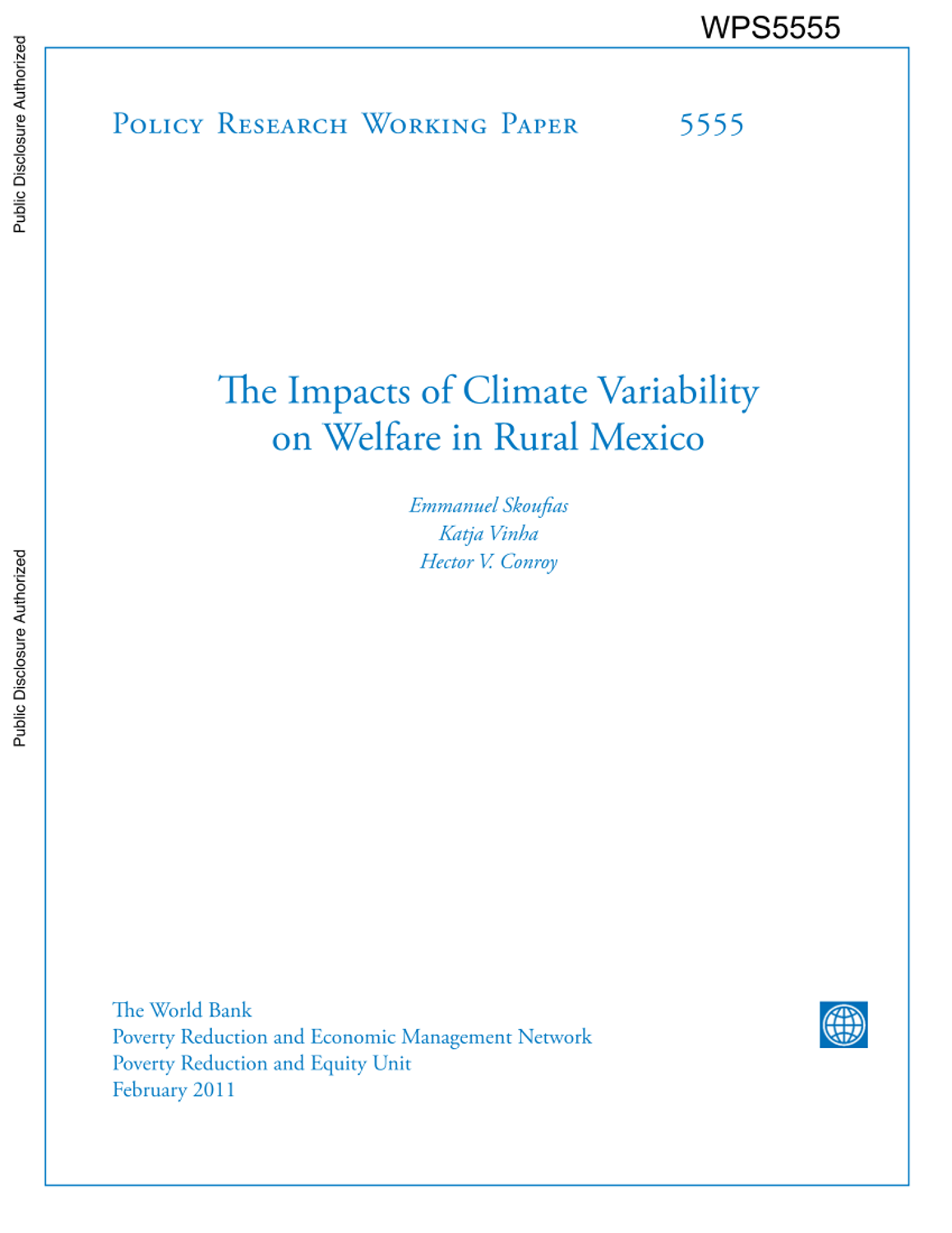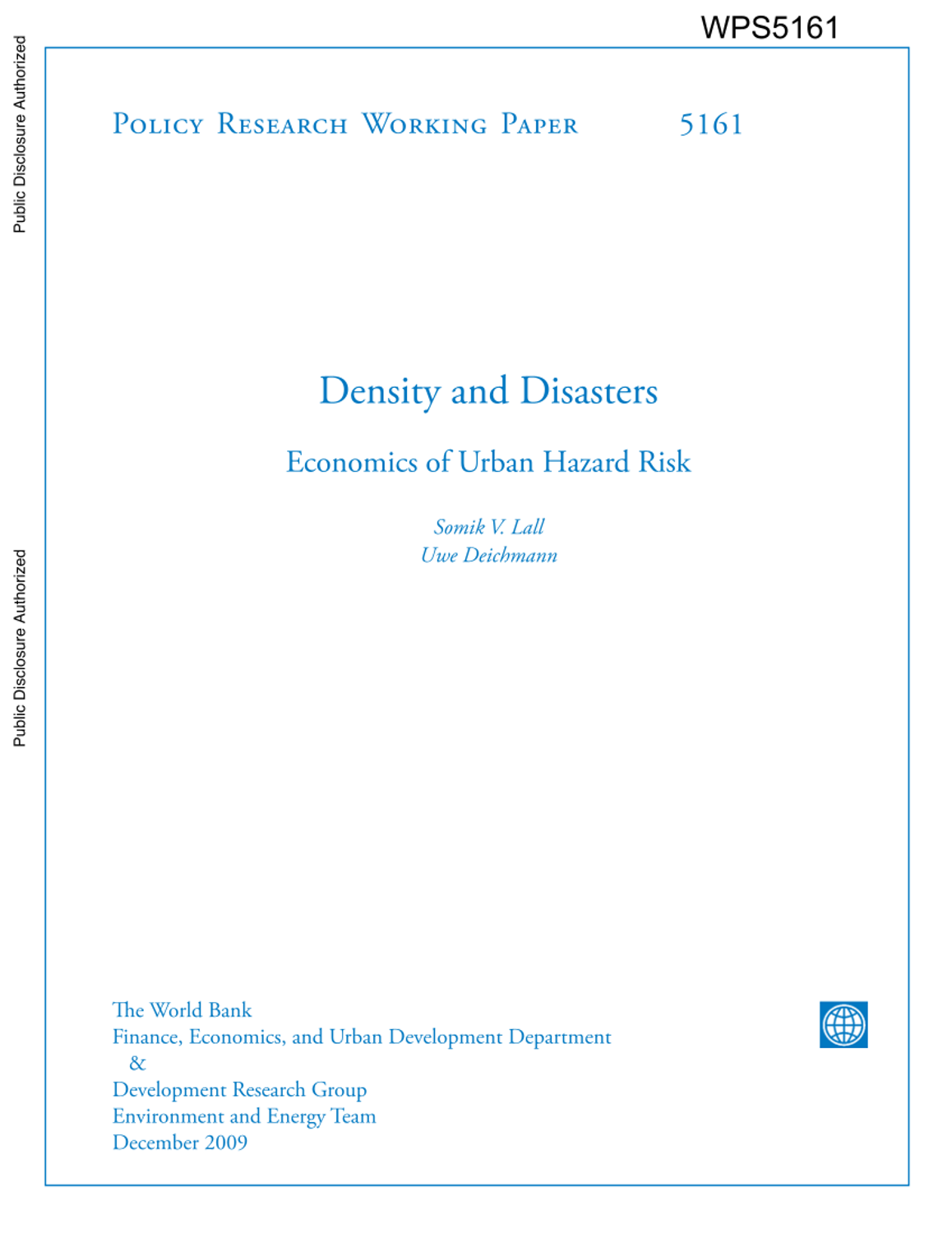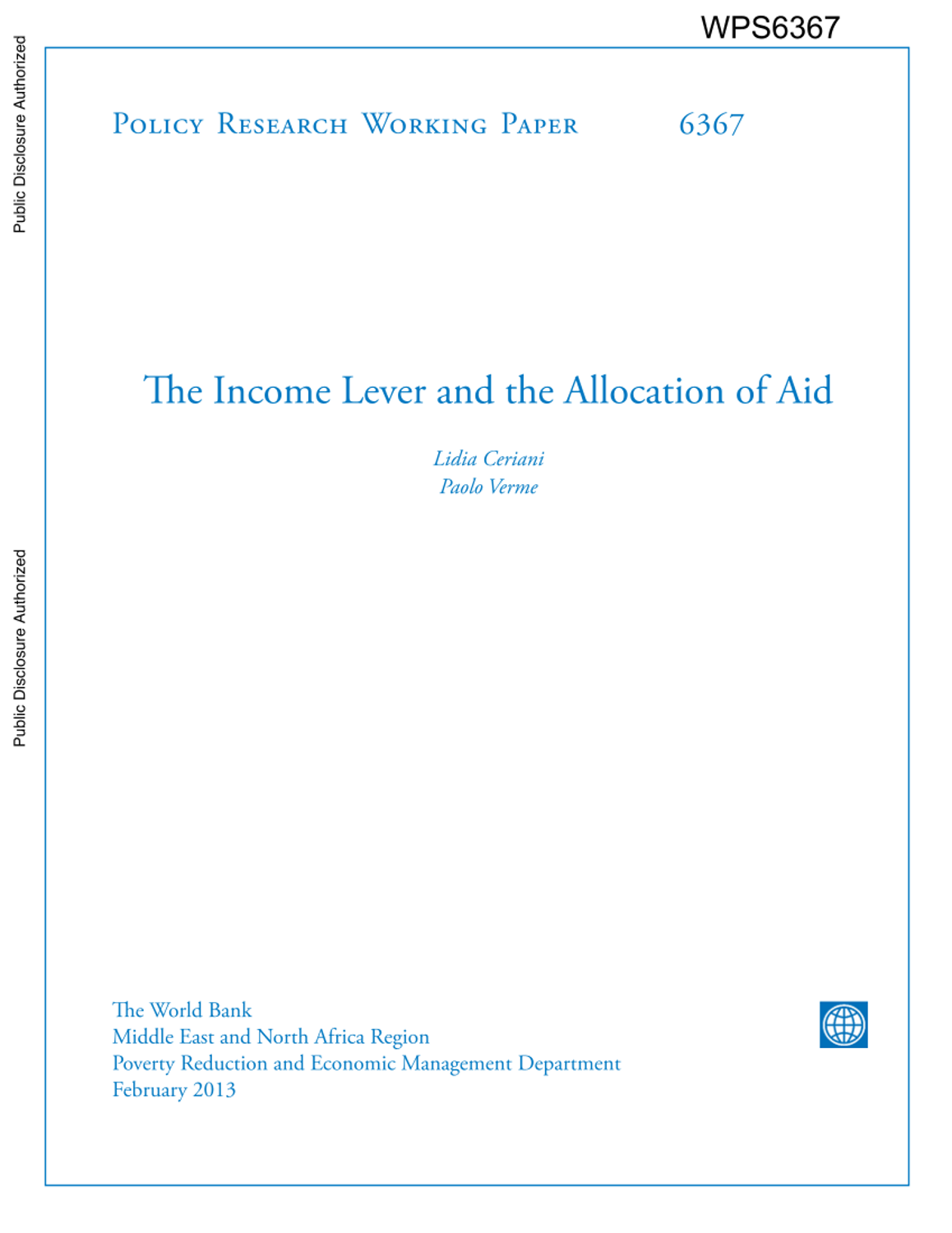연구보고서World Bank Policy Research Working Paper 5508
Is there a metropolitan bias? The inverse relationship between poverty and city size in selected developing countries
- 청구기호
- WPS 5508
- 발행사항
- Washington,D.C : World Bank, 2010
- 형태사항
- 36 p. :. PDF file ;. 714 KB
- 바로가기
소장정보
| 위치 | 등록번호 | 청구기호 / 출력 | 상태 | 반납예정일 |
|---|---|---|---|---|
이용 가능 (1) | ||||
| E0001351 | 대출가능 | - | ||
이용 가능 (1)
- 등록번호
- E0001351
- 상태/반납예정일
- 대출가능
- -
- 위치/청구기호(출력)
책 소개
This paper provides evidence from eight developing countries of an inverse relationship between poverty and city size. Poverty is both more widespread and deeper in very small and small towns than in large or very large cities. This basic pattern is generally robust to choice of poverty line. The paper shows, further, that for all eight countries, a majority of the urban poor live in medium, small, or very small towns. Moreover, it is shown that the greater incidence and severity of consumption poverty in smaller towns is generally compounded by similarly greater deprivation in terms of access to basic infrastructure services, such as electricity, heating gas, sewerage, and solid waste disposal. The authors illustrate for one country -- Morocco -- that inequality within large cities is not driven by a severe dichotomy between slum dwellers and others. The notion of a single cleavage between slum residents and well-to-do burghers as the driver of urban inequality in the developing world thus appears to be unsubstantiated -- at least in this case. Robustness checks are performed to assess whether the findings in the paper are driven by price variation across city-size categories, by the reliance on an income-based concept of well-being, and by the application of small-area estimation techniques for estimating poverty rates at the town and city level.

